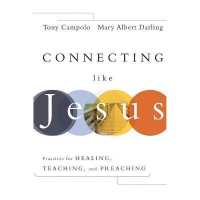- ホーム
- > 洋書
- > 英文書
- > Politics / International Relations
Full Description
If it impossible to conceive of democracies sans elections, why is it impossible to imagine elections without the flood of money in politics? How does every general election in India get more expensive than the last one? Stepping into the mucky terrain to find out what enables the average Indian vote to have a price, Costs of Democracy opens readers' eyes to the opaque and enigmatic ways in which money flows through the political heart of the world's largest democracy.
In the first in-depth investigation drawing from extensive fieldwork on political campaigns, unique surveys, and creative and innovative data analysis, the contributions chase and unpack the institutional and regulatory context governing the flow of money in politics; the sources of political finance; the need for such large spending; how money flow, operate, and interact with different levels of government.
Contents
Table of Contents
List of Tables
List of Figures
Acknowledgments
List of Abbreviations
Introduction
Devesh Kapur and Milan Vaishnav
1. Political Finance in a Developing Democracy: The Case of India
Eswaran Sridharan and Milan Vaishnav
2. Money in Elections: The Role of Personal Wealth on Election Outcomes
Neelanjan Sircar
3. Builders, Politicians, and Election Finance
Devesh Kapur and Milan Vaishnav
4. Navigating Fiscal Constraints: Dalit Parties and Coalition Politics in Tamil Nadu, India
Michael A. Collins
5. Money and Votes: Following Flows through Mumbai and Bihar
Lisa Björkman and Jeffrey Witsoe
6. What Costs So Much in Indian Elections? Intuitions from Recent Electoral Campaigns in Mumbai
Simon Chauchard
7. Whose Money, Whose Influence? Multi-level Politics and Campaign Finance in India
Jennifer Bussell
Conclusion: Implications for Research and Policy
Devesh Kapur, Eswaran Sridharan, and Milan Vaishnav
Index
About the Editors and Contributors






